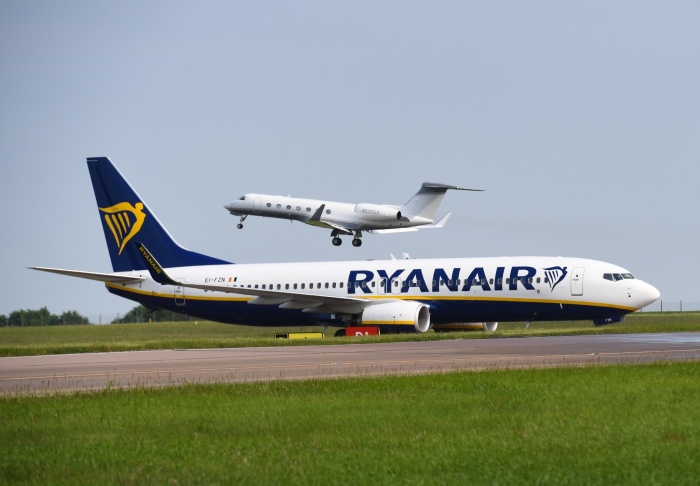
Ryanair recognises FIT CISL union for cabin crew in Italy
Ryanair has signed a recognition agreement with the Italian union FIT CISL, who will now join ANPAC and ANPAV as a joint negotiating body for directly employed cabin crew in Italy.
The joint negotiating committee of FIT CISL, ANPAC and ANPAV will take effect from tomorrow to commence negotiations on a collective labour agreement.
The contract agencies (Crewlink and Workforce) employing cabin crew operating on Ryanair aircraft in Italy have also signed recognition agreements today with FIT CISL, ANPAC, and ANPAV, and negotiations on a collective labour agreement for contractor crew will also commence from July 24th.
Following the earlier announcement of a cabin crew recognition agreement with Ver.di in Germany, Ryanair is now commencing negotiations on collective labour agreements for over a third of its people in its major markets of Italy, the UK and Germany.
Releasing its results for the first quarter earlier, the carrier said higher labour costs were also hitting profits.
ADVERTISEMENT
Ryanair hopes that the cabin crew unions in Spain, Portugal and Belgium will soon follow this example by engaging in negotiations with Ryanair rather than disrupting Ryanair customers by going on unnecessary strikes, the carrier added in a statement.
Ryanair chief people officer, Eddie Wilson, said: “We are pleased to sign this cabin crew recognition agreement today with FIT CISL in Italy.
“This is a further sign of the progress Ryanair is making with trade unions since our December 2017 decision to recognise unions, with over 66 per cent of our cabin crew now covered by recognition agreements.
“We hope to announce further agreements over the coming weeks, in those countries where unions have approached these negotiations in a practical and positive manner.
“As this growing number of pilot and cabin crew recognition agreements confirms, we are making progress and confounding those sceptics who claimed that our December 2017 decision was not real or genuine.”

